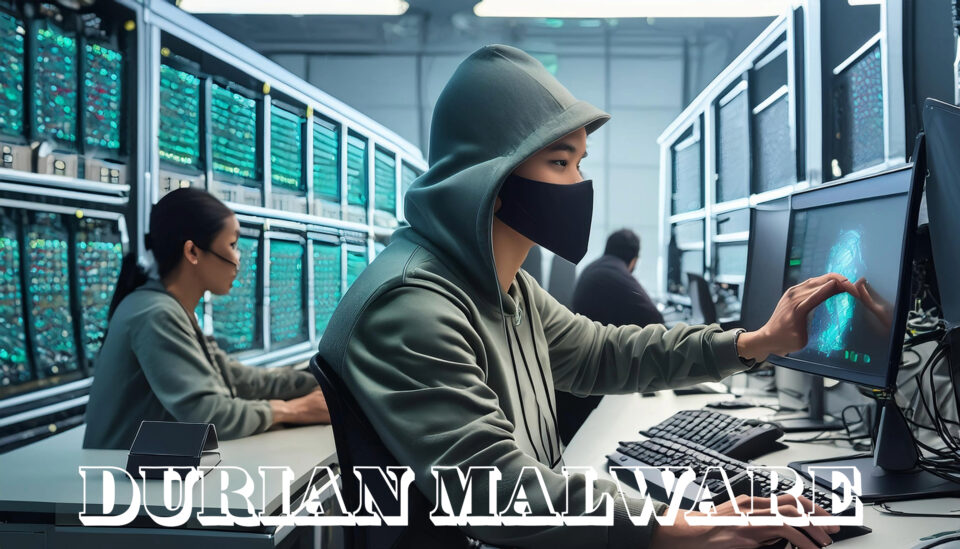
A North Korean hacking group has targeted two South Korean cryptocurrency companies with a new strain of malware dubbed Durian.
The relationship between North and South Korea has always been troubled, and this latest cyber-attack will do little to resolve these tensions. The attack itself uses a previously unseen malware variant known as Durian, which is coded in the Golang programming language. Both attacks occurred in the second half of 2023, with Kaspersky recently announcing them in their Q1 APT trends report.
While you may not run a cryptocurrency firm, or be a target of North Korea, it’s important to understand contemporary threats, so we’re going to look at Durian.
How Does Durian Work?
The exact attack method which Durian uses is currently unknown, but it appears to target software which is exclusively used in South Korea. It’s likely, therefore, that a vulnerability has been discovered, although no specific vulnerability has been identified yet. Regardless of the entry method, what is known is that Durian sets up backdoor functionality. This allows the threat actor to download further files, harvest data and files to external servers, and execute commands on the compromised servers.
Once Durian has a foothold within a target’s system, it starts downloading further malware such as Appleseed and LazyLoad, alongside genuine apps such as Chrome Remote Desktop. This makes Durian a particularly persistent threat and makes it a difficult piece of malware to combat.
It’s believed that the threat actor behind Durian is Kimsuky, a North Korean group who has been active since 2012. Kimsuky has been busy in recent times and appear focused on stealing data on behalf on North Korea. Notably, the usage of LazyLoad indicates that Kimsuky may also be partnering with another North Korean group known as Lazarus. LazyLoad has previously been deployed by Andariel, a splinter group with connections to the Lazarus Group.
Staying One Step Ahead of Durian
A specific fix against Durian hasn’t been announced, but this doesn’t mean your defenses are under immediate threat. Instead, by following the basic principles of cybersecurity, you can keep your IT infrastructure safe:
- Always Install Updates: it’s suspected Durian is targeting specific software to establish itself on targeted systems, and this indicates that a vulnerability is being exploited with this software. Therefore, this acts as a worthy reminder on the importance of installing updates promptly. These updates can instantly plug security holes and keep your IT systems secure.
- Be Aware of Spear-Phishing: Kimsuky is known for employing spear-phishing techniques so it’s vital your employees are educated on this threat. Typically, spear-phishing targets specific individuals within a company and attempts to deceive them into providing confidential information or direct access to internal systems.
- Use Multi-Factor Authentication: if you want to add extra locks to your IT systems, then multi-factor authentication is the way forwards. Password breaches are common, but the use of multi-factor authentication minimizes the risk this poses. After entering a password, a unique code will be sent via SMS or through an authentication app which only the end user will have access to. Without this code, a threat actor will be unable to get any further with your password.
For more ways to secure and optimize your business technology, contact your local IT professionals.
Read More




